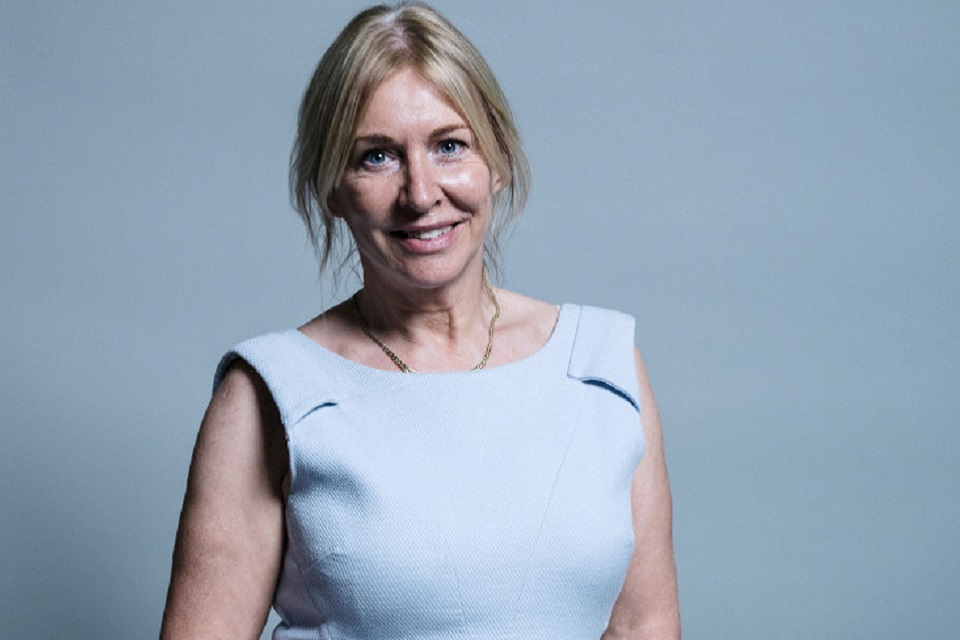
Introduction
This morning, the independent inquiry into the issues raised by the disgraced surgeon Ian Paterson published its report.
The inquiry was tasked with reviewing the circumstances surrounding the jailed surgeon's malpractice that affected so many patients in the most appalling way.
As the report states, between 1997 and 2011 Paterson saw 6,617 patients of whom 4,077 underwent a surgical procedure in the independent sector, and between 1998 and 2011 Paterson saw 4,424 patients at HEFT of whom 1,207 underwent mastectomy.
Apology
The report contains a shocking and sobering analysis of the circumstances surrounding Ian Paterson's malpractice. It sets out the failure in the NHS, the independent sector and the regulatory and indemnity systems. As a result of these failures, patients suffered unnecessary harm. Their testimony in this report makes harrowing, appalling reading.
As such it makes for harrowing reading and it is with deep regret that we acknowledge the failure of the entire healthcare system to protect patients from Ian Paterson's malpractice and to remedy the harms.
Nothing I can say today can lessen the horrendous suffering that patients and their families experienced and continue to go through. I can only start to imagine the sense of violation and betrayal of patients who put their trust in Ian Paterson when they were at their most vulnerable. That the inquiry reports today, on World Cancer Day, makes this all the more poignant.
I apologise, on behalf of the government and the NHS, for what happened, not least that Ian Paterson was able to practise unchecked for so long.
The patients
I would also like to pay tribute to the bravery of all those former patients who came forward to tell their stories to the inquiry and whose anonymised accounts have been recorded in the report. I know this will make for difficult reading, as it highlights the human cost of our failure to detect and put a stop to Ian Paterson's malpractice.
There was a catalogue of failings that resulted in harm to thousands of patients, causing devastation to countless lives. Some of these patients were let down several times, not least by the providers and the regulatory system that should have protected them, and by the failure of the medical indemnity system to provide any kind of redress at the first time of asking.
The report
From the outset Bishop Graham wanted patients and their families to be central to the inquiry's work and to be heard. It was right therefore that patients and their families saw the report first, early this morning, shortly before it was presented to Parliament.
Two aspects of the report are particularly striking to me: that the various regulatory bodies failed in their main tasks, and the absence of curiosity by those in positions of authority in the healthcare providers in the face of concerns voiced by other healthcare professionals.
The report presents a tangled set of processes. Accountability was not exercised when it should have been. Some of the problems arose from not following through on established procedures, as opposed to insufficient procedures being in place. So, we must take full responsibility for what happened in the past if we are to provide reassurance to patients about their protection in the future.
Government response
I am therefore very grateful that the suite of recommendations, based on the patient journey, present a 'route map' for government. The recommendations are extremely sensible, and we will study them in detail. I can promise the House a full response in a few months' time.
That response will need to consider the answers to some very important questions that cut right across the healthcare sector. Because - unequivocally - regardless of where patients are treated, and regardless of how their care is funded, all patients should be confident the care they receive is safe, meets the highest standards, with appropriate protections, and that they are supported by clinicians to make informed decisions about the most appropriate course of care.
I am also very aware that it is not the first time that regulatory failure has been highlighted in an inquiry report.
We have done much to make the NHS a safer system in recent years: revalidation, a reformed CQC, and work by the Independent Healthcare Providers Network, to establish the Medical Practitioners Assurance Framework, to oversee medical practitioners in the independent acute sector.
In the case of Ian Paterson the system did not work for patients. Recent events at Spire show there are still serious problems to address.
Patient safety is a continual process of vigilance and improvement. The inquiry does not jump to a demand for the NHS and the independent sector to invent multiple new processes, but to actually get the basics right, implement existing processes, and for all professional people to behave better and to take responsibility.
NHSE/I published a new patient safety strategy last summer, led by the National Patient Safety Director, Dr Aidan Fowler. It focused on better culture, systems and regulation. Very sensible yet familiar words. All things today's inquiry says were not delivered. What we need now is action across the NHS and its regulatory bodies, and the same determination to change in the independent sector.
Conclusion
To conclude, we are absolutely committed to ensuring lessons are learned and acted upon from the findings of this shocking inquiry, in the interests of enhancing patient protection and safety, both in the NHS and the independent sector.
For today, I apologise again on behalf of the government and the NHS and send my heartfelt sympathy to the patients and their families for the suffering they have endured.






